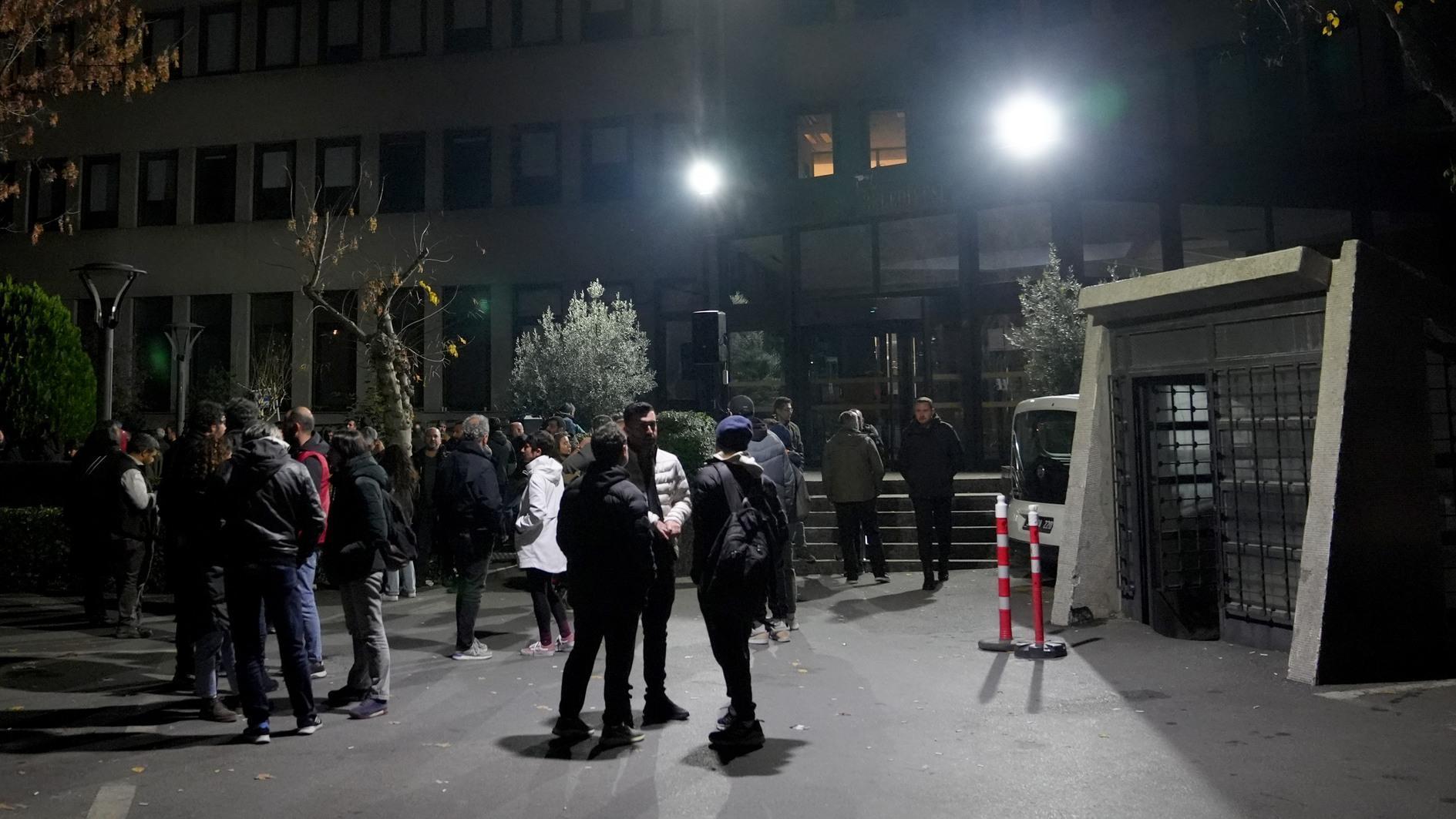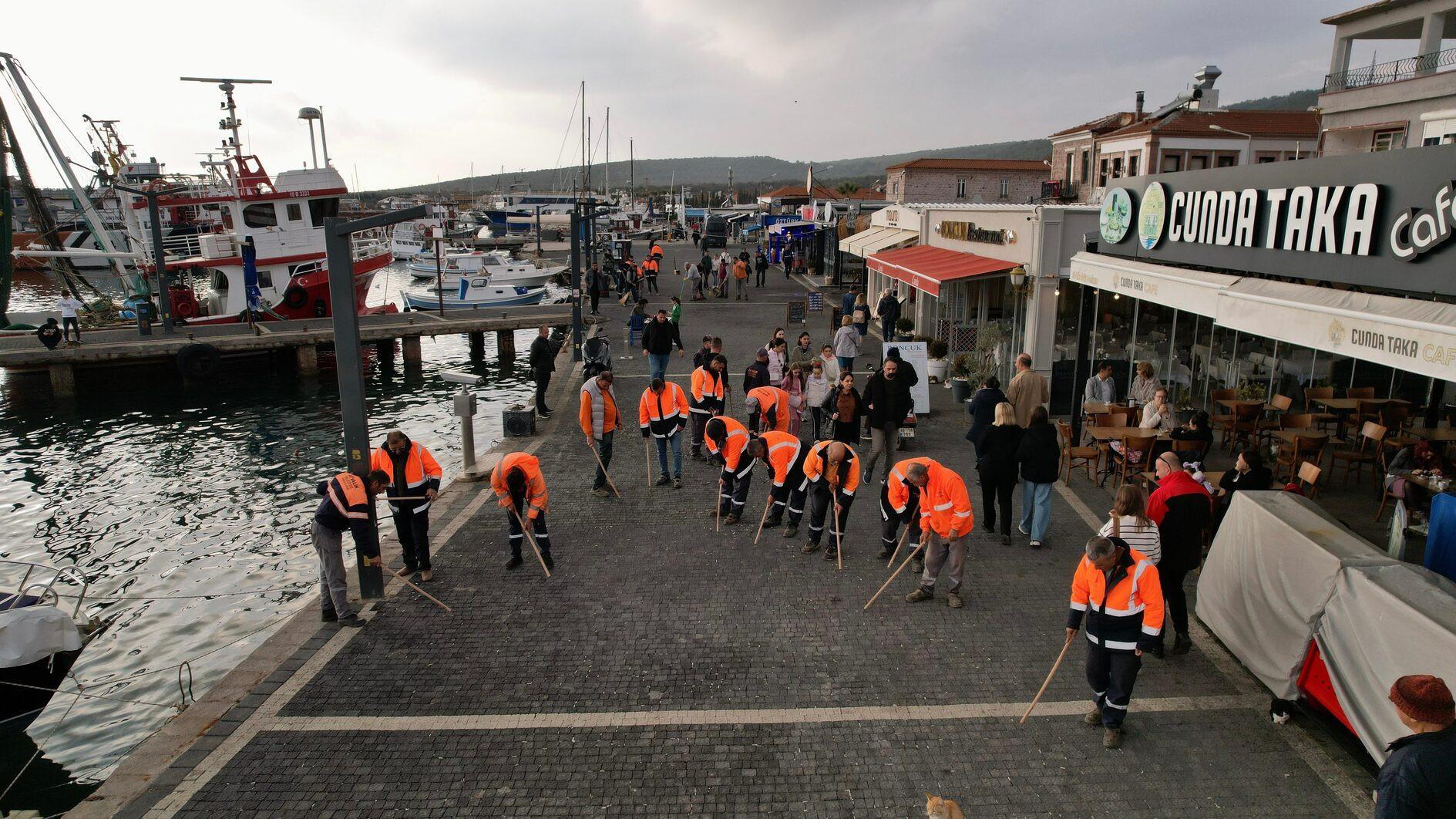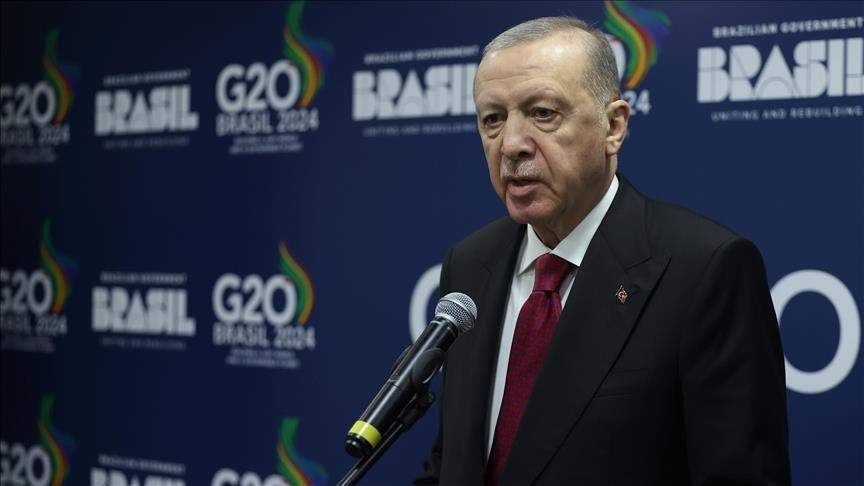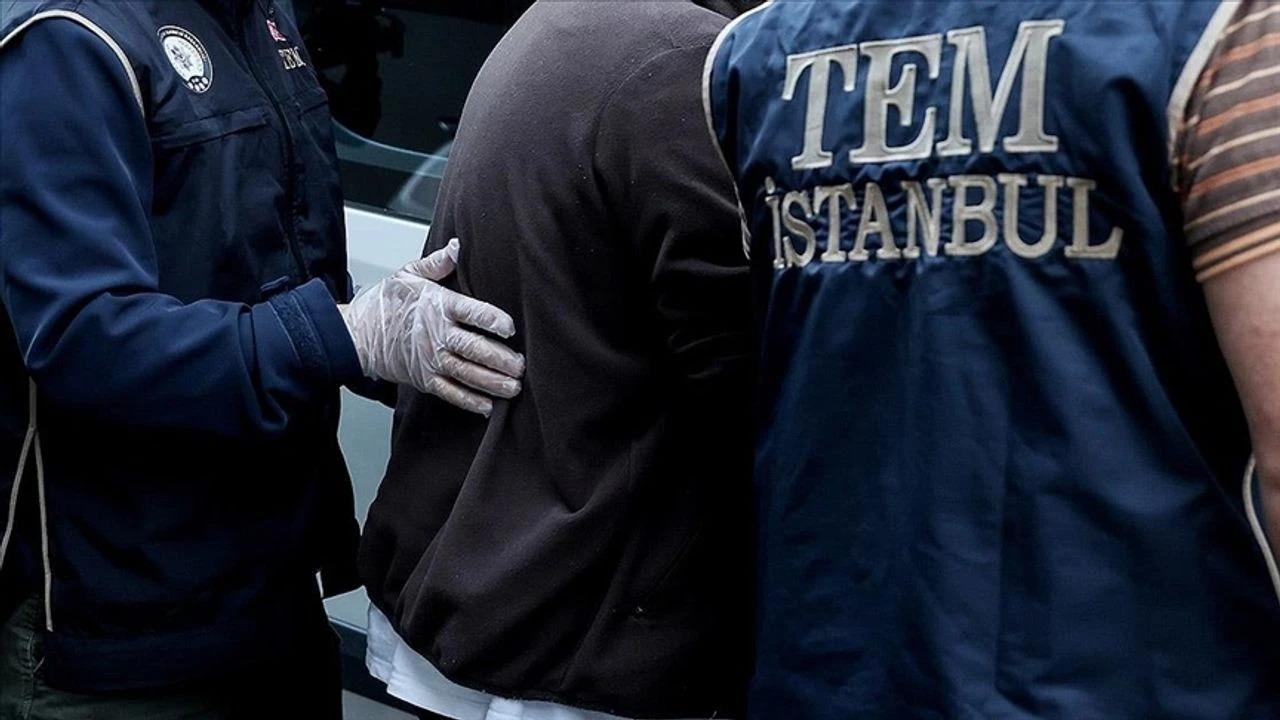Lottery bid fails on opening price
Hurriyet Daily News with wires
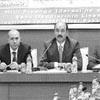
refid:11603161 ilişkili resim dosyası
The government was forced to cancel an auction to privatize the National Lottery yesterday, as two bidders both found the opening price too high, pouring cold water over plans to strengthen Turkey’s strained public finances.The opening price requested from two bidders by Osman İlter, chairman of the bidding commission, was announced as $1.622 billion. The two bidders were DAF/Opap, a consortium consisting of Opap, Europe’s biggest gambling company plus Turkey’s Doğuş Holding, Alarko Holding and Fina Holding, and Şans Oyunları Yatırım Holding, a partnership between Turkcell, Turkey’s biggest mobile phone operator and Tepe İnşaat, a construction company.
The starting price was "way above reasonable expectations," Bloomberg quoted Opap Chief Executive Officer Christos Hadjiemmanuil as saying after the failed auction at the Privatization Administration, or ÖİB, in Ankara.
Opap urges Turkey to reconsider the price, Christos Hadjiemmanuil, CEO of the Athens-based company told reporters after the cancellation. Hadjiemmanuil refused to reveal how much the company bid, saying that the process is not over.
A written statement from the administration did not say when Turkey might put the lottery up for sale again. The statement said the bidding commission has canceled the auction. "As the president of the commission announced the opening price, bidders said their previous sealed bids are in effect," the statement said. "Thus, the commission has canceled the process."
Seeking revenue
The government is seeking to sell a 10-year license to operate Milli Piyango, as part of a program of asset sales to help pay down national debt. The Justice and Development Party, or AKP, government is seeking 6 billion Turkish Liras ($3.9 billion) this year from selling the lottery, electricity grids and other companies, according to budget data.
In February, five groups had registered as potential bidders, but as months passed in turmoil of the global financial crisis, the number of bidders diminished.
Milli Piyango is probably worth between $700 million and $1 billion, said Toygun Onaran, an analyst at KBC Financial Products in London. Paying more than $1 billion "may be considered as negative for the buyer," he said before the auction.
The buyer will keep 16 percent of annual revenue after taxes, Metin Kilci, head of Turkey’s asset sales agency, said on Sept. 16. Milli Piyango had net income of 332 million liras in 2007 from gross sales of 1.2 billion liras, according to Treasury figures.
Opap, based in Athens, had sales last year of 5.5 billion euros ($7.3 billion). It aims to buy companies outside Greece as European Union regulators threaten to end its domestic monopoly on sports betting and lotteries.
Turkcell has operated İddaa, Turkey’s biggest sports-betting game, with Intralot since 2004. İddaa generated revenue of 1.9 billion liras in 2007.
In Turkey, annual spending on games of chance, on which the National Lottery has a monopoly, has surpassed $1 billion. Throughout the world, more than $226 billion is spent on such games each year. According to figures compiled by the Anatolia news agency, citizens have spent 6.9 billion liras ($5 billion) in National Lottery games between 2004 and 2008. Average annual spending in the same period surpasses $1 billion.
In these five years, total prize distributed has reached 883 million liras. Interest toward lottery tickets peaks at the New Year special draw, as December accounts for 65 percent of annual sales, followed by 7.28 percent in January and 4 percent in April.



